Workshops 2020 conf
An iPad workout for language professionals*
Alexander Drechsel, Belgium
Have you ever wondered whether your tablet could be used for professional purposes, rather than just for reading, online shopping, or watching movies? Join an experienced conference interpreter and technology trainer and find out how your iPad can help you get things done faster and better – from reading, writing and reviewing documents to managing projects or knocking tasks off your to-do list while on the go.
We’ll start by discussing how language professionals can set up their devices for multilingual use and how it works seamlessly with your existing hardware. Next, we’ll discuss research and writing – from outlining and mind-mapping to finding the information or turn-of-phrase you’re looking for to writing whenever you want, wherever you are.
After that, participants will tackle collaborative writing and editing on a tablet. You’ll learn how to draft and review text with faraway colleagues, wrangle “track changes” in Microsoft Word or Apple Pages, and up your proofreading game by using audio or a stylus.
Finally, we’ll explore tips and apps that will help you to run your business from your tablet, including to-do lists, reminders, invoicing, and more. We’ll also check out some helpful accessories that are the perfect companion for your tablet.
At the end of this workshop, you’ll feel much more confident using your tablet and be inspired to make the most of it for your work.
* This workshop focuses on iPads, but can be adapted to accommodate both iPad and Android tablet users.
About the presenter
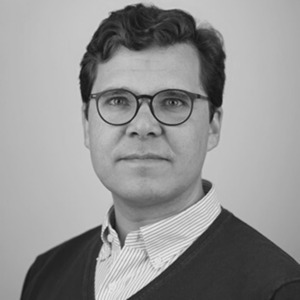
Alexander Drechsel is a senior European Union staff interpreter, working from English, French and Romanian into his native German. He has also translated several non-fiction books, he blogs on interpreting and technology, and produces two podcasts (The Troublesome Terps and LangFM). Alexander is an experienced technology trainer with many online and offline workshops under his belt, and has given several talks and presentations on technology topics at industry conferences (including ITI, CIOL, BDÜ, ATA, AIIC, and eCPD Webinars). His workshops are insightful, fun and friendly; and they focus on the participants, their skills and expectations.
Ever thought of running a course on scientific writing?
Ann Bless, Switzerland
Young researchers often lack writing skills. Their supervisors or professors tell them ‘you learn by doing’ and this results in their struggling alone. They would profit from a course on scientific writing.
Attendees will come away with a basic lesson plan and guidance on how to approach teaching researchers/PhD students to write a clear and well-structured article or thesis. We will discuss how to write a catchy title, a well-structured and clear abstract and a convincing conclusion. I have chosen these elements because I hear that most scientists first read these sections of the article before deciding whether to read the rest. If required, we could also talk about the introduction and discussion sections.
This will be an interactive workshop. Attendees will be able to ask questions and I shall share with them my years of experience, my mistakes, the scientists' problems I have tried to solve. Their professors are very often too busy or away travelling so they come to me. Some researchers, from non-European cultures, do not dare ask their professors for advice for fear of losing face; they come to me for advice instead. I do not solve all their problems but at least they have a listening ear.
About the presenter
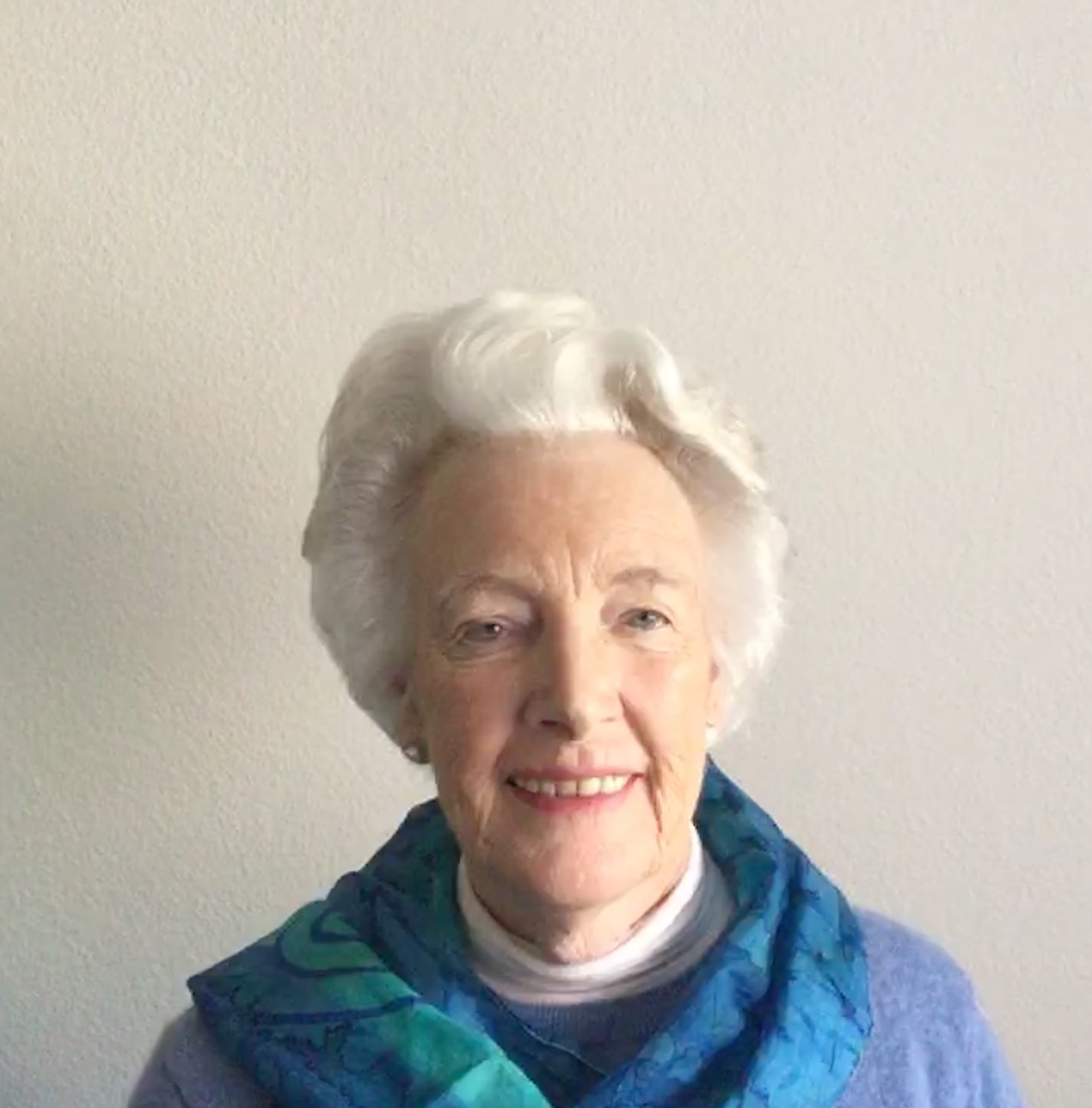
For more than 30 years Ann Bless has been running courses on scientific writing and giving workshops at various universities in Europe. She has written a book, Reader friendly scientific articles. Be clear, be readable and has co-authored with Lee Ann Weeks The elements of English editing. A guideline to clear writing.
Getting to grips with connectors in English texts
John Linnegar, Belgium
An increasing number of authors are having to write in English as their SL or FL. This places the onus on copy-editors and revisors to improve authors' writing so as to render it accessible to readers. Sometimes, in order to do so optimally, grammar skills need to be honed further. The incorrect or inappropriate use of connectors (either verbal connectors or punctuation marks) is a particularly troublesome aspect of much writing that requires editorial intervention.
This workshop will focus on the devices that can be used in written texts to ensure a smooth flow and logical connections between the parts of sentences, and even between sentences themselves. Skilled use of the appropriate connectors ultimately leads to texts that convey an author’s intended meaning most effectively. Such texts are also more accessible to readers.
We will be investigating ways of using (and ‘abusing’) both verbal connectors – conjunctions, relative pronouns, sentence adverbials – and punctuation marks – in particular the comma, the semicolon, the colon, the dash, parentheses – not only correctly but also to achieve the author's intended effect or meaning.
The participants will ‘learn by doing’ by engaging with a selection of substandard texts and considering ways of making them flow more smoothly and logically, using any or all of these devices. What will emerge from this workshop is a better grasp of how to use each of these connective devices to best effect.
About the presenter

An author and a passionate copy-editor with some 40+ years’ of manuscript improvement behind him, John Linnegar is a former teacher of English at secondary school and undergraduate levels. His specialty as an editor is law. In 2009 he published a book on common errors committed by writers in English in South Africa (NB Publishers, reprinted 2013); in 2012 he co-authored Text Editing: A Handbook for Students and Practitioners (UA Press) and in 2019, together with Ken McGillivray, wrote and published grammar, punctuation and all that jazz … (MLA Publishers). He contributes regular articles on the usage and abusage of the English language to professional bodies.
Macros for Writers, Editors and Translators
Paul Beverley, United Kingdom
“If you think that macros are a ‘good thing’, you’re right!” says macro “guru” Paul Beverley, whom SENSE has invited specially to facilitate this Zoom webinar on “Macros for Writers, Editors and Translators”. Not only to appease Paul’s myriad “macro groupies” in the Netherlands but also to introduce others to the marvels of his macros.
Date: Saturday, 16 May 2020
Time: 10:00–15:00 (registration on the Zoom platform from 09:40)
Venue: Zoom video conference (registered attendees will receive the link beforehand)
During the webinar, Paul will provide you with a whole range of macros to use in your work and will also give you a chance to try them out while he’s on hand to help you if you have queries.
The day will provide you first with a conceptual framework to enable you to see what macros can do for you. You’ll also learn how they can be combined with your existing intellectual and professional abilities to enable you to work faster and to produce higher-quality documents.
If you are starting with zero knowledge of macros, the training will lead you through from square one. But for those of you who have already been using some macros, there will be plenty of scope for learning new tips and tricks. As there are well over 700 macros available (!), there is always something new to help you boost your effectiveness as a writer, an editor or a translator. So whether you are a “macro newby” or a seasoned and serious devotee, there’s bound to be something new for you to take away from the day’s sessions.
There will be one lecture-type session (first session, 10:00–11:00) to kick off with in order to explain the principles; this will be followed by two practical sessions, each introduced with a demonstration. Use your laptop, in the comfort of your own home office, to install a set of 20 new macros, and then off you go!
Take advantage of this unique offering to adopt, adapt or simply embrace macros with open arms in your work routine under the caring, expert eye of macro-creator and supplier supreme, Paul Beverley.
A brief overview of the webinar programme:
10:00–11:00 Lecture-type session to introduce you to the use of macros or to more “advanced” aspects, depending on your level of knowledge of and experience with macros in MS Word
11:00–13:00 Under Paul’s supervision, and in contact with him as and when necessary, exploring and experimenting with some of his 700 macros to your heart’s delight
13:00–14:00 Lunch break
14:00–15:00 Further exploration and experimentation, and Q&A, before wrapping up.
About the presenter
Paul 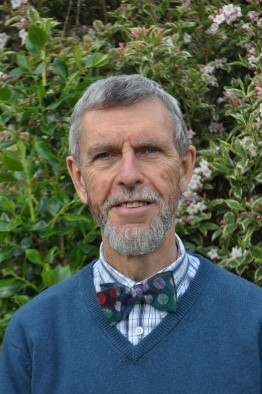 Beverley has been creating macros for use by editors and proofreaders for over 13 years. The macros (over 700 of them) are freely available via his website and are used in more than 40 countries. Despite being of pensionable age, he enjoys editing far too much to stop altogether, so he occasionally edits technical books and theses. He has also produced more than 100 training videos, so that you can see the macros in action on his YouTube channel
Beverley has been creating macros for use by editors and proofreaders for over 13 years. The macros (over 700 of them) are freely available via his website and are used in more than 40 countries. Despite being of pensionable age, he enjoys editing far too much to stop altogether, so he occasionally edits technical books and theses. He has also produced more than 100 training videos, so that you can see the macros in action on his YouTube channel
Take advantage of this unique opportunity to adopt, adapt or simply embrace macros with open arms in your work routine under the caring, expert eye of macro-creator and supplier supreme, Paul Beverley. We hope to see you there!
Register now for this unique SENSE online workshop and benefit from the early-bird price until midnight on 1 May.
Terms and conditions for freelancers – you know you need them!
Sue Leschen, United Kingdom
By putting in place a set of terms and conditions, language professionals can add an essential skill to their toolkit. Most of us don't come from a business background, but linguistic skills alone are not enough in today's challenging marketplace.
With this in mind, during my workshop we’ll explore how to approach and resolve the current imbalance in the marketplace, where, typically, the client's terms and conditions have always dominated.
The workshop will focus on the art of negotiating terms and conditions – the do's and the don'ts – how to negotiate to our best advantage, to give something but also to get something in return.
The session will teach freelancers how to build a set of terms either from scratch or by adapting those of our professional organisations which freelancers can use over and over again and adapt as necessary to all sorts of jobs.
The workshop will be as interactive as possible, with participants bringing their own experience and queries to our session.
About the presenter

Sue Leschen is a lawyer-linguist based in Manchester, the United Kingdom, and is the director of niche market company, Avocate – Legal and Commercial French Services. She sits on CIOL’s Council and also on CIOL’s Interpreting Division Committee and Equality and Diversity Committee. She regularly presents both face to face and by webinar on legal terminology and professional interest issues. She is also a mentor and business guru for new and existing freelancers, and actively supports the use of properly qualified, insured and security-vetted language professionals.
Using reporting guidelines for biomedical research
Jennifer de Beyer, United Kingdom
This interactive introductory workshop aims to support language professionals working with biomedical researchers to use and recommend reporting guidelines for manuscript preparation.
Reporting guidelines aid research article preparation by providing the minimum information needed for a particular study type. Many journals, particularly in biomedical research, require reporting guideline use and the submission of a completed checklist alongside a manuscript. However,researchers are often unsure how to find and apply the right reporting guideline. Writers, editors, and translators can help to ensure the research articles they work on are compliant.
The workshop will combine short presentations, discussion, and practical exercises, and will be accompanied by a handout. We will focus on reporting guidelines for research involving humans or animals, such as health research, psychology, and veterinary medicine.
Workshop outline:
- What reporting guidelines are, why they are needed, and how and when they can help.
- Using reporting guidelines to analyse manuscripts and flow diagrams.
- Identifying biomedical study designs (exploratory vs confirmatory, descriptive vs analytic, observational vs experimental, qualitative vs quantitative, longitudinal vs cross-sectional).
- Choosing an appropriate reporting guideline.
- Translations of reporting guidelines and opportunities to contribute to future translations.
- Fitting reporting guidelines into the workflow as writers, author editors, journals, and peer reviewers.
- Dealing with realities: common objections to reporting guidelines and problems encountered by participants.
Learning outcomes:
- Understand what reporting guidelines are and how to use them.
- Be comfortable identifying a manuscript’s study design, recommending an appropriate reporting guideline, and highlighting missing information to guide the author.
About the presenter
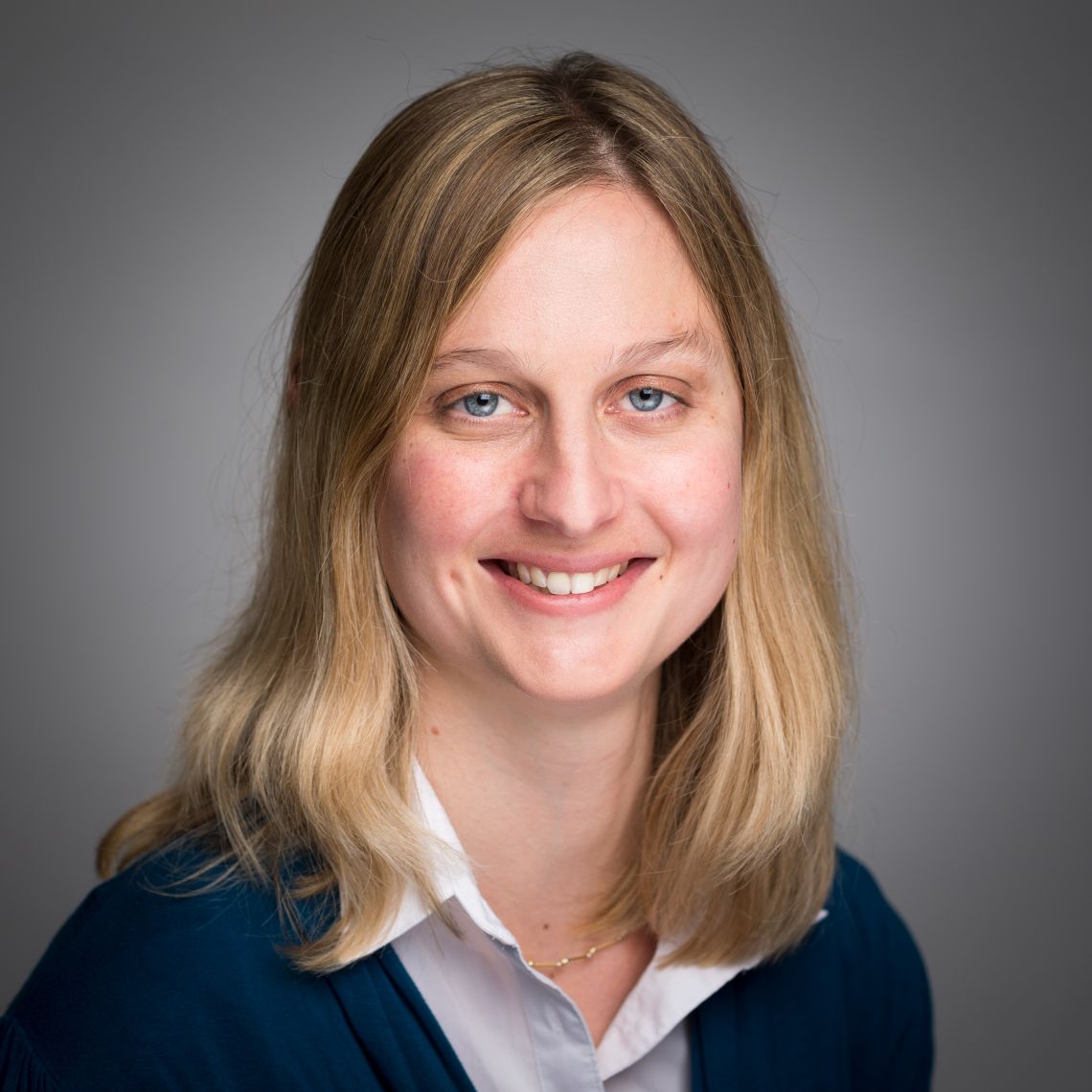
After training in laboratory research and working in academic editing, Jennifer de Beyer joined the EQUATOR Network’s UK Centre at the Centre for Statistics in Medicine (CSM), University of Oxford. Here she develops online and in-person training in academic writing and using reporting guidelines for clear, transparent research reporting. She also provides editing and writing support for CSM’s team of medical statisticians and methodologists.
The EQUATOR Network is an international initiative dedicated to improving the quality and transparency of health research. It focuses on research reporting, so that future research is based on a sound body of evidence. Through its four centres in the United Kingdom, Canada, France and Australia, EQUATOR raises awareness of reporting guidelines, provides online resources, develops education and training, and conducts research into research quality and transparency.
Word skills for editors and translators
Jenny Zonneveld, the Netherlands
MS Word is one of the essential tools of our trade and mastering it will give you more time to focus on and enjoy creating beautiful language. But in order to deliver ready-to-use documents, editors and translators often have to tidy up the client’s draft first. Tackling this can be a quick-and-easy way to impress, but many language professionals lack the finer points of MS Word, so they pass up this opportunity.
Besides picking up many productivity tips, you’ll learn and practise how to tidy up a document by:
- defining and applying styles to create a consistent layout;
- controlling numbering and bullets;
- applying headings to generate the perfect table of contents;
- dealing with headers and footers in large documents with multiple sections.
If you want to focus on your clients’ message rather than on what MS Word does when you’re not looking, then this one’s for you! Focusing as it does on the practical aspects of tidying up a document rather than on the individual word features, this workshop is ideal for any language professional who wants to use MS Word more efficiently and effectively. Participants should bring their own laptop to the workshop.
About the presenter
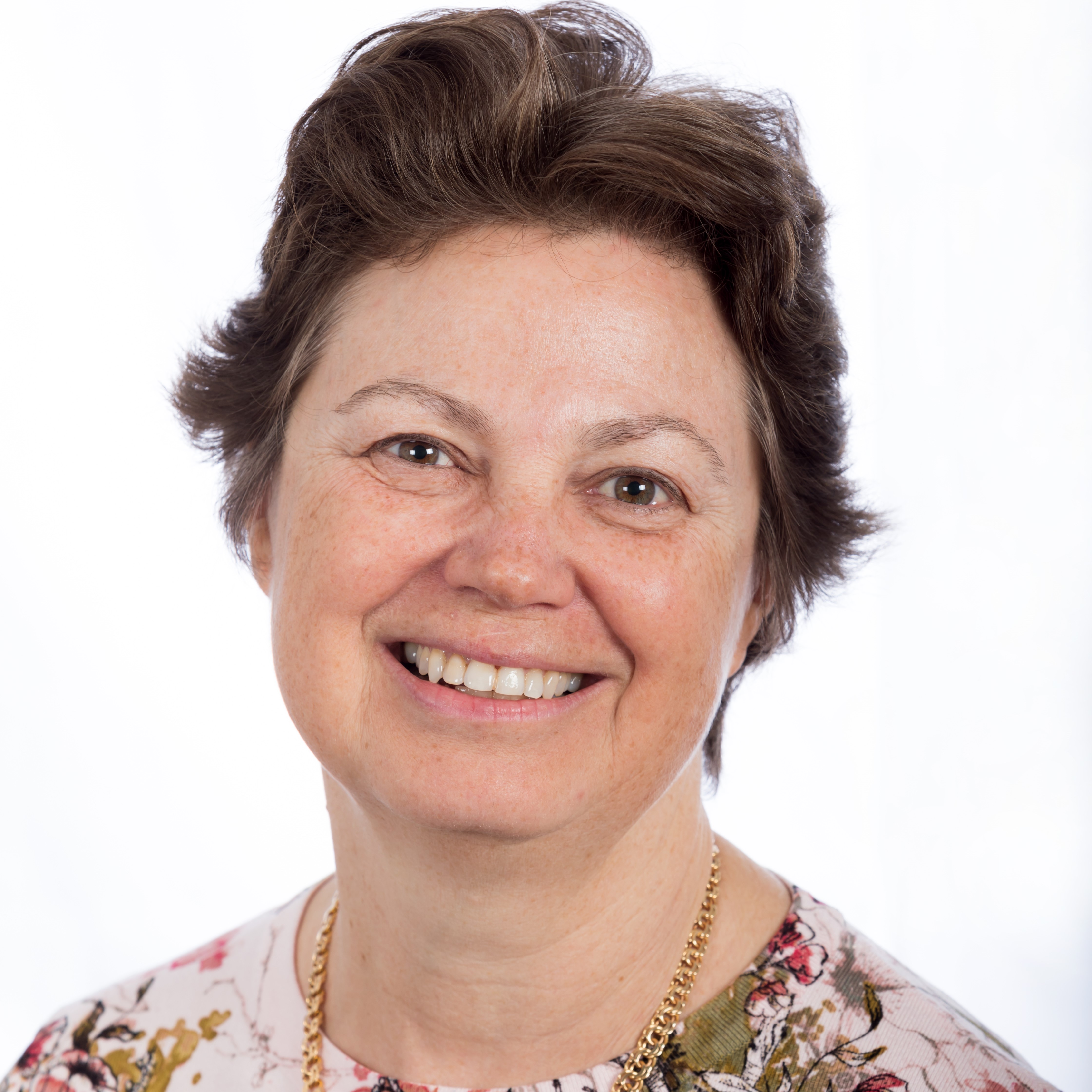
Jenny Zonneveld has a business background. Before she became a freelance translator, copywriter, and editor over 20 years ago, she spent more than 15 years at a firm of management consultants and worked in the UK, USA, Belgium, and the Netherlands. At the start of her freelance career Jenny compiled and prepared a series of reports stretching to hundreds of pages and including many tables and images, all in MS Word. In 2002 she developed a two-day hands-on MS Word workshop for SENSE, which was presented several times. From 2004 to 2006 it was offered to translation students as part of the Editing Minor run by SENSE and the ITV School of Interpreters & Translators.